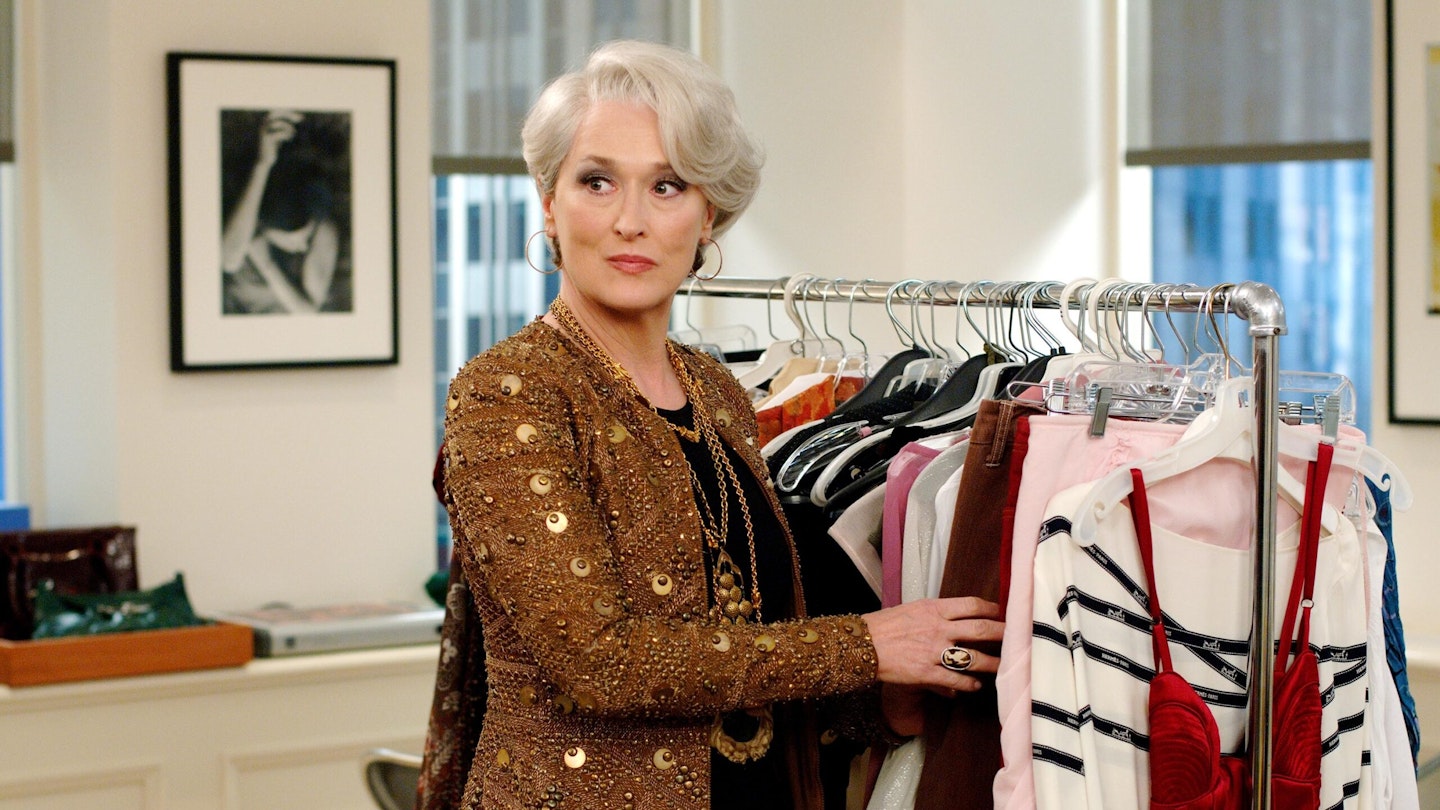Growing up, if you’d asked me to imagine someone quitting their job because of a horrible boss, I’d probably have pictured a dramatic scene: think Bridget Jones telling Daniel Cleaver that ‘if staying here means working within 10 yards of you, frankly, I’d rather have a job wiping Saddam Hussein’s arse’.
In truth, it’s far more likely to be a case of death by a thousand cuts. That’s what happened to me last year, when I left the marketing job I loved because of my boss – someone who gave the appearance of having read a fridge magnet saying that managers should ‘kiss up and kick down’ and taken it as HR guidance.
According to a new study this month by the Chartered Management Institute, there are more bad managers in Britain’s workplaces than ever. And it’s not just about toxic bosses. The study found that 82% of managers are ‘accidental’ and have been promoted for the wrong reasons, with no formal experience or training.
A third of UK workers, it concluded, have quit because of the negative office environments they create.
At first, my boss seemed friendly and often took me to lunch. Colleagues joked that I was the teacher’s pet. Then she began to chip away. ‘What is that?’ she asked, when I wore a new dress one day. She began to text late into the evening, and at weekends, demanding minor tasks be done straight away and exploding if they weren’t.
I panicked when I saw her name flash up on my phone and started to feel sick with nerves before meetings. I felt unable to do my job. I didn’t feel able to speak to my boss’s boss about it, as I knew he was just as toxic – it was a chain of bullying.
When she messaged me during a family funeral with the subtext very much ‘when will you be back at your desk?’ I handed in my resignation the next day: even the prospect of temporary unemployment, with rent to pay, was better than staying.
Ella, 33, who works in fashion, was shocked when her deputy manager was promoted to run the team. ‘My heart sank,’ she says. ‘She had no vision and I knew she’d just been given the role because it was the easiest thing. It was clear how much she hated the pressure – she would shut herself away in her office – and it destroyed our morale. I left, in no small part because we felt leaderless.’
Whether you have an ‘accidental manager’ who’s not up to the job, or a plain horrible boss, the research makes clear that employees are less willing to let work impact their lives. Post-pandemic, as priorities have shifted, perhaps we’ve also decided enough is enough when it comes to sacrificing our happiness for a job.
Before you decide to leave, employment experts recommend keeping a written record and trying to initiate a constructive conversation about how you might work better together. Failing that, try a more senior manager or HR person. No joy? You might be among the third of workers who ends up quitting to escape – and, take it from me, that can be a happy accident.
